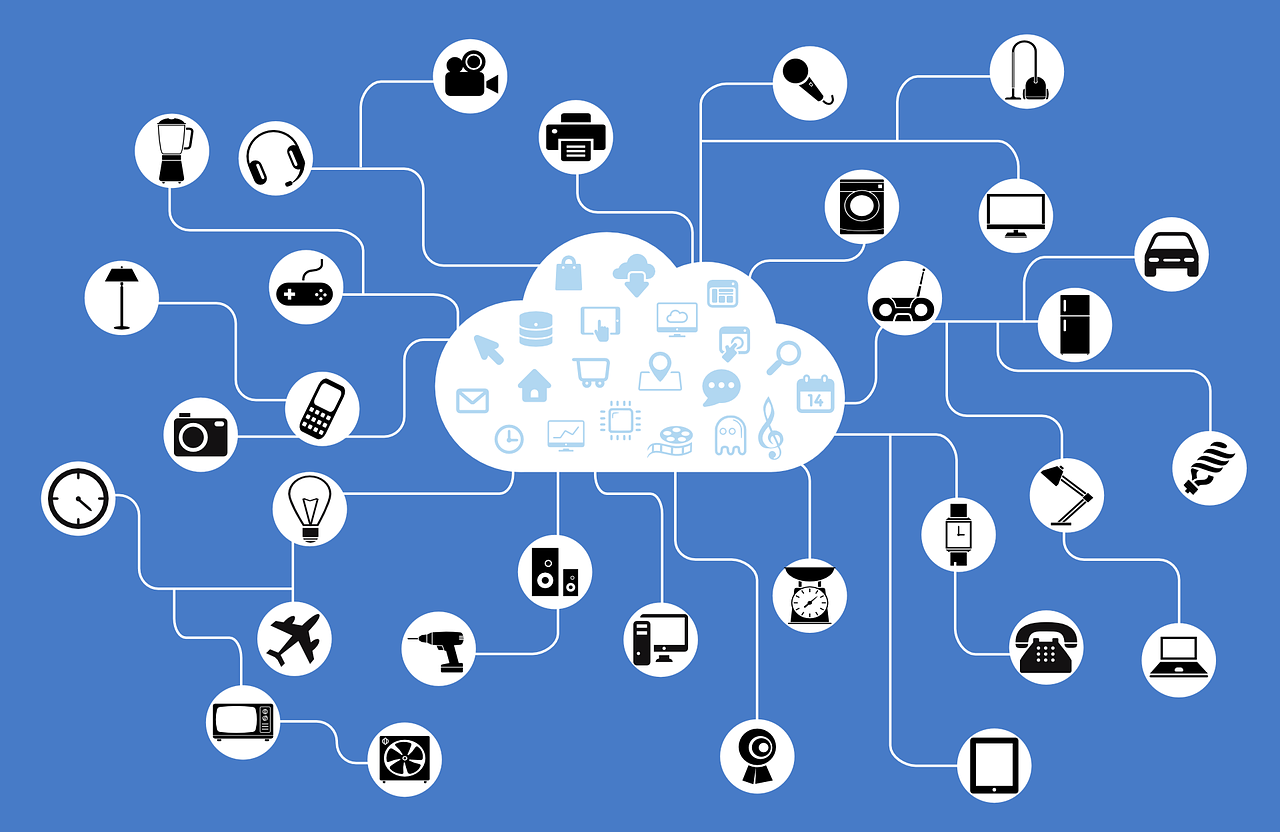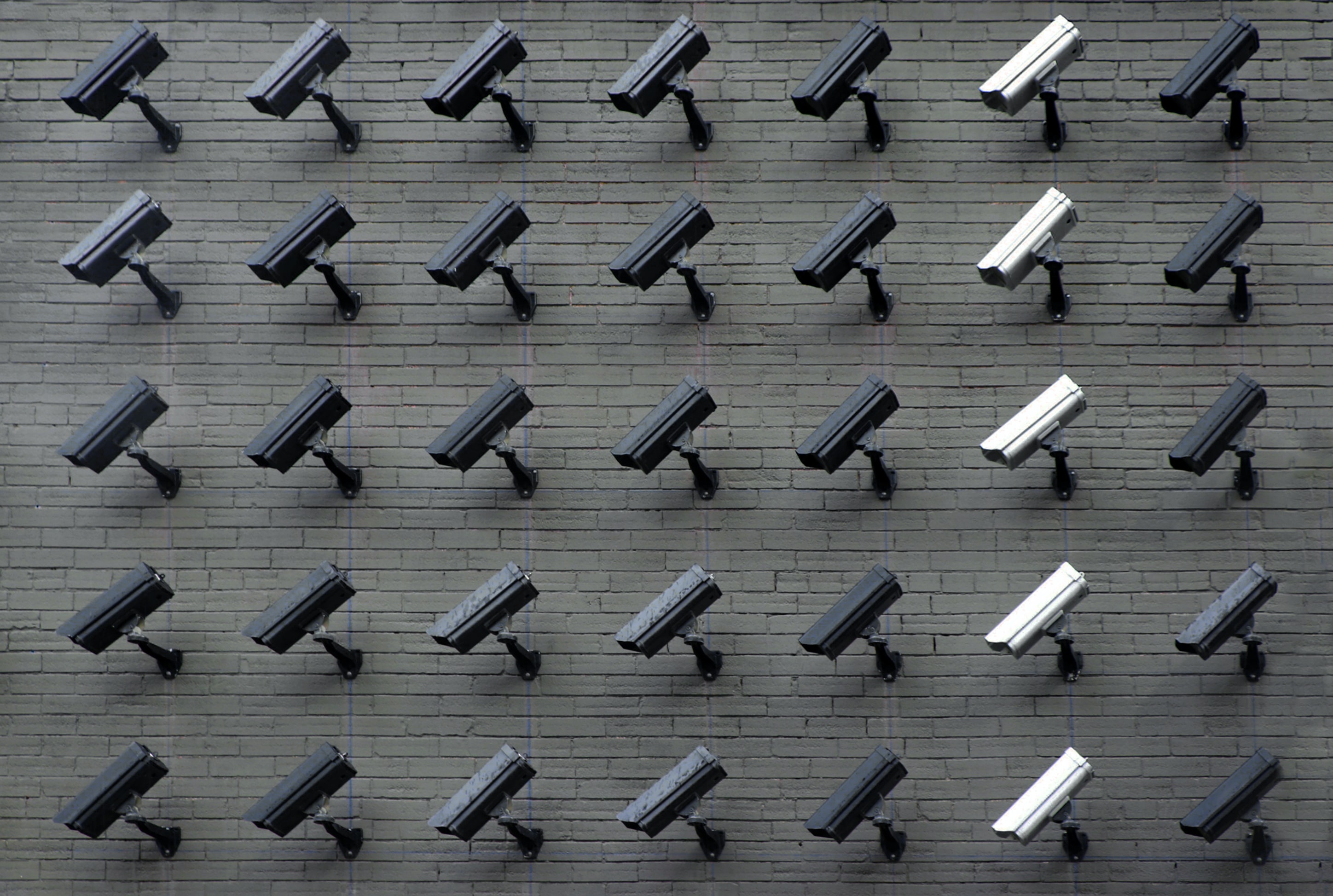
5G and the Internet of Things
5G and the Internet of Things https://www.citizenme.com/wp-content/uploads/2019/07/network-782707_1280.png 1280 832 Claudia Velilla Claudia Velilla https://secure.gravatar.com/avatar/703103b9d81e1bfd68fb7e289b8ed38a?s=96&d=mm&r=gThere is no doubt you’ll be hearing a lot about 5G in 2019. For one, there is a great deal of benefits in 5G data connection over 4G, with the global race to introduce 5G networks having started already. It’ll bring three technologies together that’ll transform the world as we know it, covering “almost everything from logistics to self-driving cars, from smart manufacturing to smart cities, and from immersive gaming experiences to multi-modal communication involving more senses than just voice and vision” says Magnus Frodigh, Vice President and Head of Research at Ericsson.
These technologies are: the processing power of cloud computing (delivery of on-demand computing services); the agility of “edge computing” (the computing done by the machines and devices at home, work and vehicles); and, last but not least, artificial intelligence. Unfortunately for those whom ‘patience’ is not a virtue, we’ll have to wait a few years until it’s widely adopted.
So why the fuss?
The fuss comes mainly from the fact that 5G is actually a race for internet dominance among nations and mobile providers, being considered as the backbone of our autonomous future and technology supremacy (no biggy, eh?). But it’s also the centre of a dispute between the US and China. Earlier this month, Trump banned US tech companies from using telecom equipment that threatens national security (i.e. Huawei, which actually sells 5G telecom equipment at an affordable price). According to him, China could turn their 5G into a weapon of espionage, and threaten the security of all its nationals. However, it’s also true that China is winning the race for 5G and we have heard Trump openly and loudly express (as he often likes to do), that ‘the race for 5G is a race that America must win’. The result so far has been that the expansion of 5G in the US has thus become more expensive, threatening its growth even more.
And what about consumers’ private data?
Of course we haven’t forgotten consumers’ private data in this equation! 5G is engineered to be able to cope with multiple connections at once – from billions of IoT – Internet of Things devices. While it may seem clever and convenient, it also poses concerns for our privacy, as our devices could turn into surveillance mechanisms. For every device equipped with 5G, there will be the possibility of abusing its user’s privacy. Attackers might exploit everything from Bitcoin, to fake news on Twitter, or even creepier, eavesdrop on private conversations in your home via a 5G baby-cam.
Regardless of the chilling possibilities, we personally prefer to see the bright side of things and acknowledge that, even though there might be a chance that things get out of control, the key isn’t to reject innovation but rather to come up with appropriate regulatory oversight. And this needs to be a combined effort from everyone in the relevant industries, including organisations using data as well as consumers producing data.
CitizenMe
At CitizenMe, we’re really interested in the increasing development of the Internet of Things because we believe that the individual should be at the centre of it and in control of the vast amounts of data they generate. We believe that there should be a continuous debate on what the best practices for protecting consumers’ data are. That’s why we have created a self-service platform that allows people to take a more active role in the management and ownership of their personal data. This results in more security, better data quality and greater trust, which inevitably means that businesses also benefit from a better and more sustainable digital ecosystem.
If you’d like to join us as a Citizen or Client, have any questions or would like more information, don’t hesitate to contact us at hello@citizenme.com.
- Posted In:
- Business blog
- Citizen blog
- Uncategorized





